Online Learning
Why Learn About Spirituality in Psychotherapy?
The predominant model of clinical psychology views mind and behavior as primary mechanisms in mental health. Whether it’s repetitive past-oriented self-defeating thoughts that create debilitating depression, or future oriented fears that perpetuate PTSD and anxiety - these processes are often oversimplified within a framework of pathology. The American Psychological Association’s Multicultural Guidelines* highlight the importance of:
“diversity and multicultural practice within professional psychology at this period in time, with intersectionality as its primary purview…Identity is shaped across contexts and time by cultural influences including age, generation, gender, gender identity, ethnicity, race, religion, spirituality, language, sexual orientation, social class, education, employment, ability status, national origin, immigration status, and historical as well as ongoing experiences of marginalization.”
Mainstream psychology education can be enhanced with training that helps therapists tend to the psychospiritual dimensions of their professional lives (e.g., burn-out, workplace authenticity) and that of their clients (spiritual suffering, strengths, and needs in psychotherapy).
*Clauss-Ehlers, C. S., Chiriboga, D. A., Hunter, S. J., Roysircar, G., & Tummala-Narra, P. (2019). APA Multicultural Guidelines executive summary: Ecological approach to context, identity, and intersectionality. American Psychologist, 74(2), 232.
Online Course for Mental Health Professionals
In the Spirituality in Psychotherapy Course, therapists and coaches will find helpful frameworks, multidisciplinary research perspectives, assessment tools, and grounded methods of inquiry to practice Spiritual Multicultural Competence in psychotherapy. Heartfelt clinical examples bring this training to life and dispel the myth that spirituality is only a topic for spiritual professionals. Therapists are often the primary sources of support for spiritual suffering, and they have ample skillsets and an ethical responsibility to help clients navigate spiritual concerns.
Learn how to identify the underpinnings of spiritual life that are actively present in therapy: whether it’s a punitive god-relationship that limits a client’s sense of agency in healing work, complex religious suffering and spiritual needs for LGBTQIA+ folx, or transpersonal experiences (e.g., visitations from a deceased loved one) impacting life transitions such as illness and bereavement.
Clients often leave these issues out of therapy due to perceived stigma and the belief that only religious professionals are willing to address the challenges of relating to a higher power or the natural and unseen world. However, these relationships hold rich intrapersonal and interpersonal meaning, and can become potential healing catalysts or road blocks in psychotherapy. Inclusive psychospiritual language and frameworks can support clients in exploring how spirituality impacts their mental health and wellbeing.
Contact
All services currently virtual
contact@elsalau.com
New York / Colorado (contact for details)

